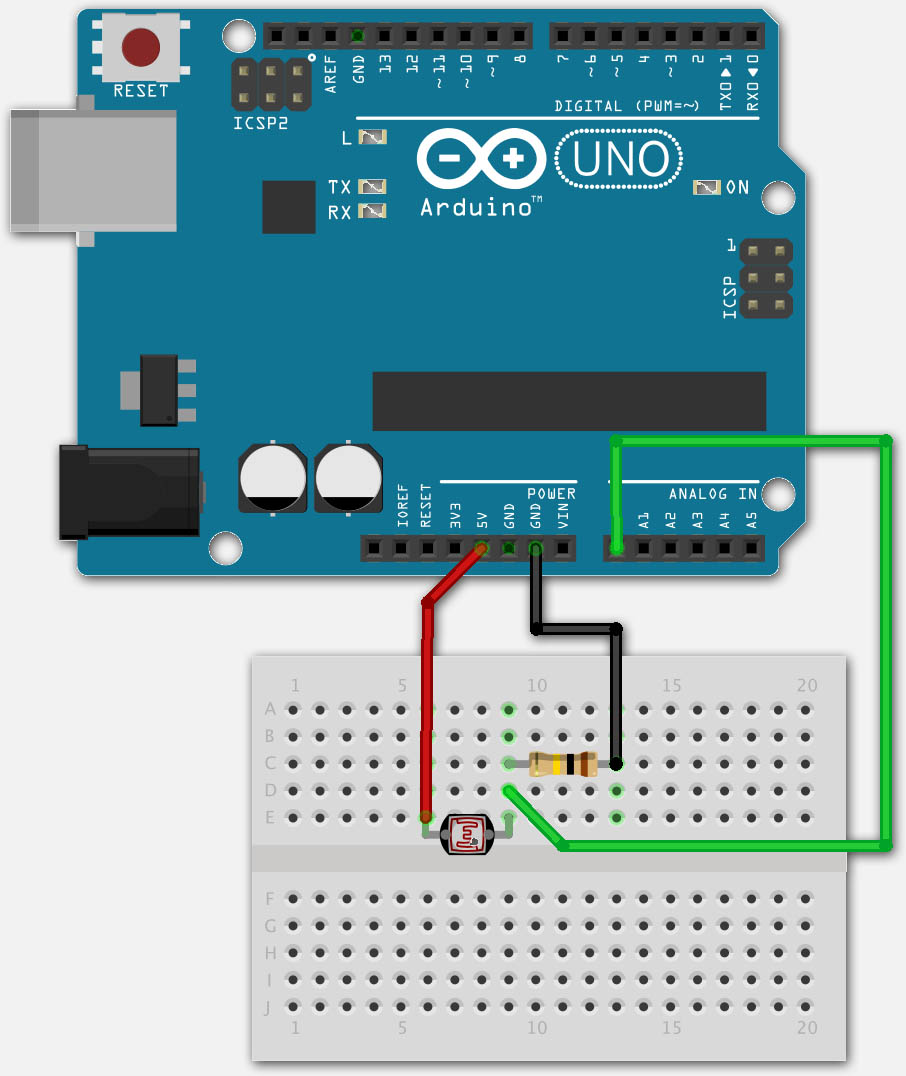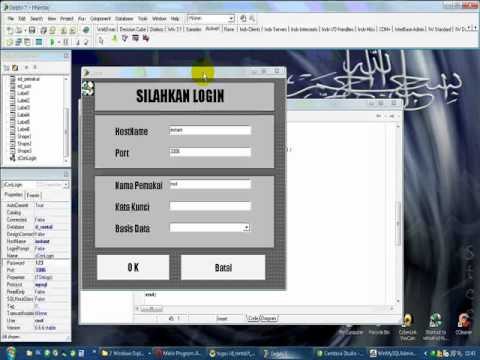

- #Serial port programming in delphi install
- #Serial port programming in delphi serial
- #Serial port programming in delphi software
- #Serial port programming in delphi plus
Can send Windows messages on completion of events (incoming character, etc.).Supports transmit and receive timeouts.Supports character peek (SioEventChar).
#Serial port programming in delphi software
Includes hardware and software flow control.Supports RS232, and multidrop RS422, and RS485 ports.
#Serial port programming in delphi serial
#Serial port programming in delphi plus

TCALLBACKPROC = function(wEvent:DWORD arg:Pointer pParam:Pointer):HRESULT stdcall Property OnDllEvent: TNotifyEvent read FOnDllEvent write FOnDllEvent Delphi wrapper with dynamic DLL linkage:įunction OnCallbackEvent(wEvent:DWORD arg:Pointer):HRESULT virtual If (g_pCallback) g_pCallback(SOMEDLLMETHOD_EVENT_ID,(LONG_PTR) " some argument",g_pCallbackParam) Typedef HRESULT (CALLBACK * CALLBACKPROC)(DWORD wEvent,LONG_PTR arg,PVOID pParam) It's when they don't follow this very simple procedure that they run into problems, and instead of taking the resposibility for their own shortcommings they blame the technology.Ĭ++ DLL: " MyDll.dll" /// //////////////////////////////////////////////////
#Serial port programming in delphi install
The problem is that many sysadmins tries to modify how the installation is supposed to work - there probably aren't any 'sane' reasons for this, in 99 out of 100 scenarios they should just do a full installation of the software, and install software and patches in the order of their release date. The biggest problem with COM and the registry is 'lazy' system administrators that can't be bothered to either use the installation programs provided with a solution or actually figure out how this actually works. Implementing someting similar to a WCF service is trivial when you use either of them, it's when you expose objects, that has among other things a lifetime, that many developers had trouble keeping up.ĬOM is a fundamental part of Windows, and MS keeps adding new APIs' based on COM to the operating system. While neither of the technologies are dead, they require a fair level of skill. Many people consider COM and CORBA to be obsolete, but in my view w3c based technologies has a long way to go before they match either of them. Delphi relies on correct component registration, which IMHO isn't a bad thing.


 0 kommentar(er)
0 kommentar(er)
